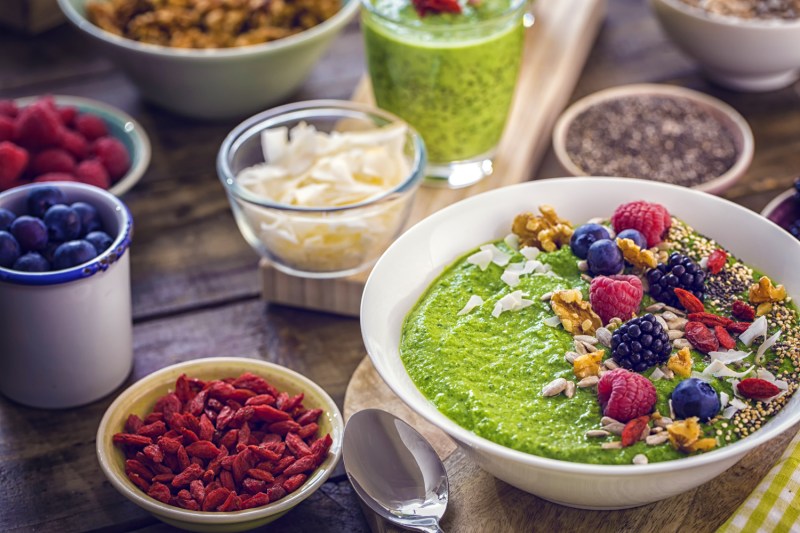
We all know that self-care is important. We need to wear sunscreen, we need to moisturize, we need to hydrate (with water), and we need to eat plenty of fruits and vegetables; particularly those with antioxidants. Your immune system relies on antioxidants as a way to prevent and slow down the damage to your cells caused by environmental forces and other stresses.
The body produces small amounts of antioxidants called endogenous antioxidants but you can find antioxidants in supplements (exogenous antioxidants) that can boost the fight against free radicals. Free radicals are waste created by the body’s cells and play an important role in your body’s health. If your body cannot process or remove free radicals effectively, they can oxidize and harm your cells and body function.
What Are Antioxidants Good for?
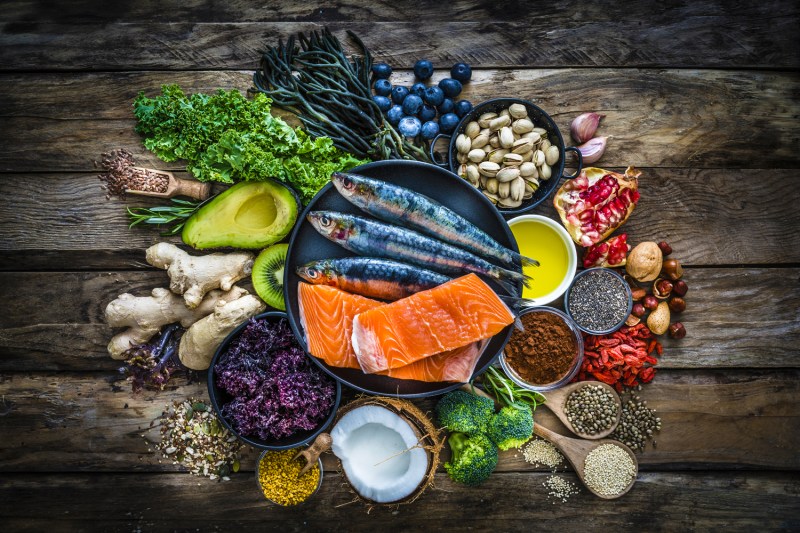
Free radicals are unstable substances or molecules produced naturally in the body during the breaking down of food or when you’re exposed to radiation, tobacco smoke, or air pollution.
These molecules can cause oxidative stress, which leads to cell damage. They have been linked to a range of conditions, such as diabetes, cancer, Parkinson’s disease, cardiovascular disease, Alzheimer’s disease, and eye problems like macular degeneration and cataracts.
Fortunately, antioxidants have proven effective in counteracting the oxidative stress caused by free radicals. However, there’s no evidence that consuming lots of antioxidants, especially through supplements, is beneficial to the body. Bear in mind that free radicals also have an important role in the body. For example, the immune system uses free radicals to fight infections. The body needs to maintain a certain balance of antioxidants and free radicals — the radicals just don’t need to outnumber antioxidants.
Types of Antioxidants
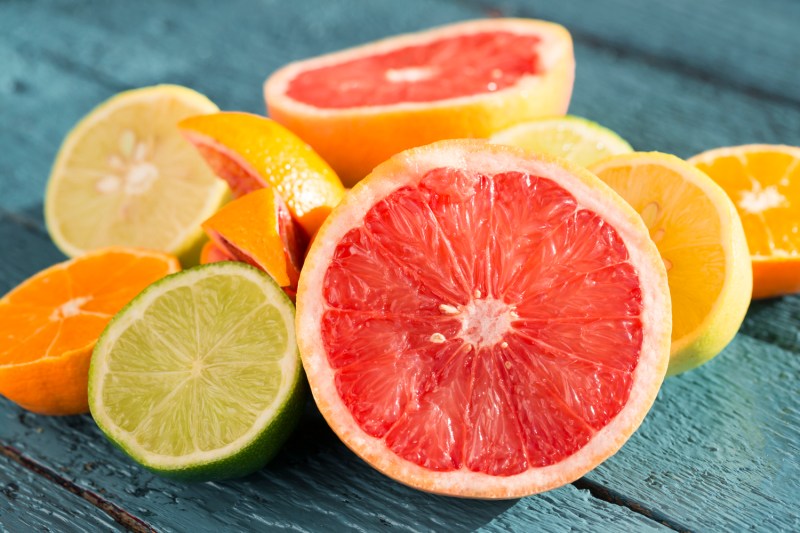
If you want to increase antioxidants in the body, you need to understand the different types and their sources. There are different types of antioxidants, including:
● Phytoestrogens – Available in legumes, veggies, and fruits
● Catechins – Found in tea and red wine
● Polyphenols – Oregano and thyme are rich in these antioxidants
● Flavonoids – Available in citrus fruits, onion, green tea, tea, and apples
The above antioxidants are all found in plant-based foods. Try to include sources of vitamin A, vitamin C, vitamin E, lutein, selenium, lycopene, and beta-carotene in your diet to obtain specific antioxidants.
What Are the Most Powerful Antioxidants?
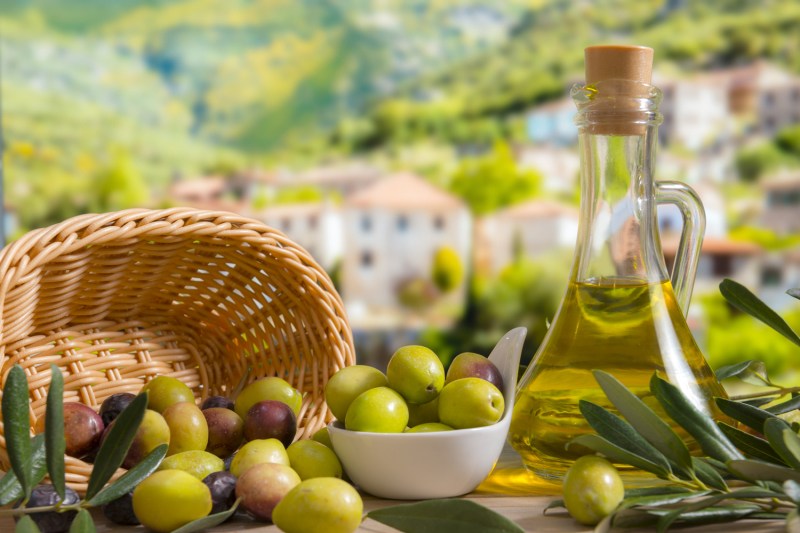
According to ProHealth, hydroxytyrosol is the most powerful antioxidant found in nature. It’s mostly found in the pulp, leaves, and fruit of the olive. This is why olive oil is popular for its health benefits. It’s believed that it can reduce the risk of suffering from cancer and cardiovascular disease.
Traditionally, olive oil’s oleic acid content was thought to be the powerful component behind the health benefits of the oil. However, chicken and pork are also rich in oleic acid but don’t deliver as many benefits as olive oil. Later, scientists discovered that hydroxytyrosol was behind the anti-inflammatory effects of olive oil. It has a significant ability to neutralize free radicals and prevent cell damage.
WebMD also notes that the three major antioxidant vitamins are vitamin C, vitamin E, and beta-carotene. They are mostly available in colorful vegetables and fruits, particularly those with yellow, blue, purple, orange, and red hues.
How Can I Increase My Antioxidants?
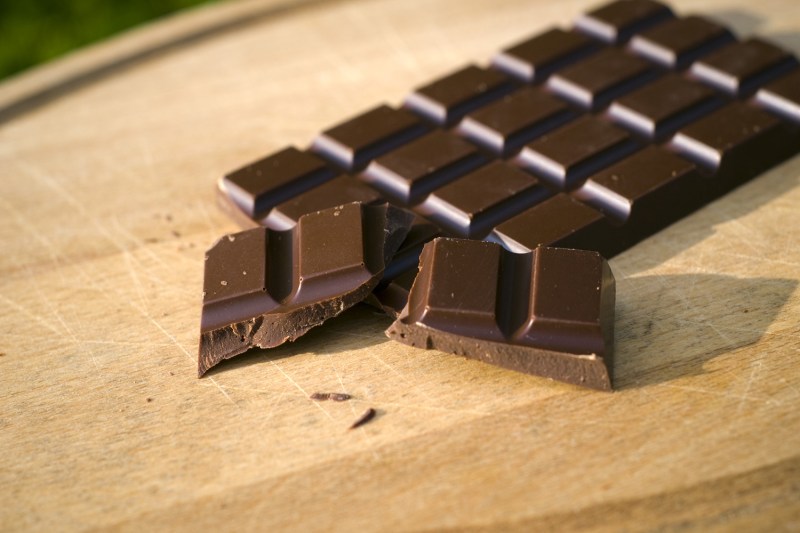
Watching what you eat is the best way to increase your antioxidants. You’ll need to identify foods that are rich in antioxidants to reduce your risk of different diseases and fight oxidative stress. During studies, scientists use the ferric reducing ability of plasma (FRAP) analysis to measure the number of oxidants in different foods.
The analysis also helps to determine the efficacy of each antioxidant in neutralizing a specific free radical. Basically, the higher the FRAP value, the more antioxidants the food contains. As such, they have identified different foods that can be useful in increasing antioxidant levels in the body, including:
● Blueberries – 9.2 mmol of antioxidants per 100 grams
● Strawberries – 5.4 mmol of antioxidants per 100 grams
● Dark chocolate – 15 mmol of antioxidants per 100 grams
● Goji berries – 4.3 mmol of antioxidants per 100 grams
● Red cabbage – 2.2 mmol of antioxidants per 100 grams
● Beets – 1.7 mmol of antioxidants per 100 grams
● Kale – 2.7 mmol of antioxidants per 100 grams
● Raspberries – 4 mmol of antioxidants per 100 grams
● Spinach – 0.9 mmol of antioxidants per 100 grams
● Beans – 2 mmol of antioxidants per 100 grams
● Artichokes – 4.7 mmol of antioxidants per 100 grams
● Pecans – 10.6 mmol of antioxidants per 100 grams
From the examples above, you can see that dark chocolate contains the most antioxidants. Generally, these food sources make great additions to your diet if you want to increase your antioxidants. Still, there are man-made sources for antioxidants: supplements. While supplements are effective in increasing your antioxidant levels, they don’t have the right nutritional mix like plant-based food sources. In addition to antioxidants, foods also offer fiber and other nutrients, which work together to improve your overall health.
Of course, you can always consider taking multivitamins with minerals if you can’t have enough vegetables and fruits in your diet. Be sure to consult a dietician before buying any supplement. Chances are you can easily get what you want from a healthy diet. Research is still divided as to whether antioxidants in supplements offer the same benefits as their food counterparts. One thing the research does agree on is that processed foods are not a sufficient source of antioxidants.
Which Foods Have the Most Antioxidants?
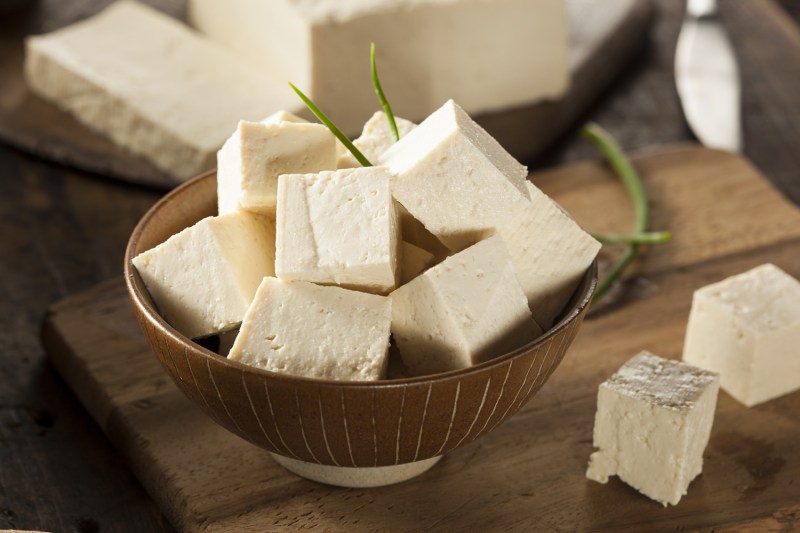
As noted before, fruits and vegetables are the ideal sources of antioxidants. So, you should ensure your diet has enough of those. Apart from these, your diet should also include cereals, whole grains, lean meat, protein (tofu, eggs, nuts, fish, and seeds), poultry, and dairy.
Researchers recommend eating vegetables and fruits daily to hit your minimum nutritional needs. To get the most antioxidants from foods, it’s advisable to eat them raw or lightly steamed. Also avoid boiling or overcooking your veggies — doing so will lead to loss of essential nutrients and impact the flavor of your food.



